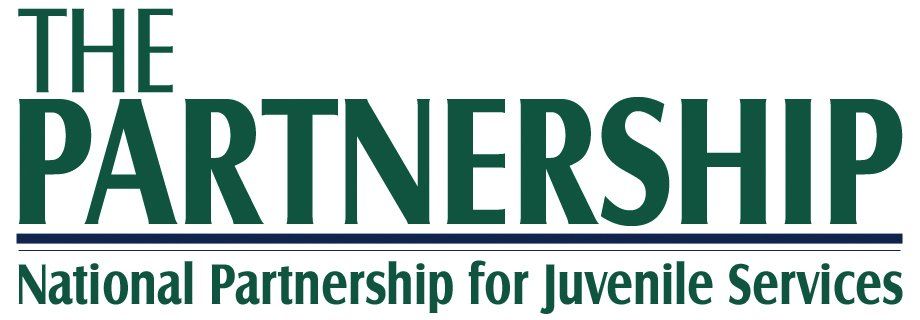2014 Issues
A Practical Approach to Evidence-Based Juvenile Justice Systems
James C. (Buddy) Howell, Ph.D., Mark W. Lipsey, Ph.D., John J. Wilson, Esq., Megan Q. Howell, MCJ
Open Access
-
Show Abstract [≥]
This article presents a practical approach that JJ systems can take in achieving evidence-based programming that reduces recidivism. Most JJ system programs produce relatively small reductions in recidivism, on average, thus there is much room for improvement. A research-based approach to making program improvements system-wide—and with that, increase the cost effectiveness of the system itself—is presented in this article. The success of this effort, however, depends on delivery of the right service to the right youth at the right time. The OJJDP Comprehensive Strategy for Serious, Violent, and Chronic Juvenile Offenders provides the scaffolding and structured decision-making tools that can be used across entire juvenile justice systems for promoting effective matches between evidence-based services and offender treatment needs on an ongoing basis. Programs across the entire system continuum can also be assessed for effectiveness through a data-driven program rating tool that was built around the intervention characteristics found to be most strongly related to recidivism reductions in hundreds of studies. Where scores are low, this tool provides a blueprint for improvements and, with those, larger recidivism reductions. The process can also be automated to facilitate system-wide program improvements.
Ensuring a Professional Workforce for Confinement Facilities Serving Youth
Pamela A. Clark, MSW, LSW, CYC-P
Open Access
-
Show Abstract [≥]
The information contained in this article is excerpted from Chapter 4, “Developing and Maintaining a Professional Workforce for Confinement Facilities Serving Youth” of the Desktop Guide to Quality Practice for Working with Youth in Confinement (www.desktopguide.info). We hope you that after reading this excerpt you may choose to read the chapter in its entirety, which contains more detailed information on topics addressed here, as well as information related to Maintaining and Growing the Workforce and Building Future Leaders.
NPJS – Passionate about Professionalism
Wayne R. Bear, MSW
Open Access
-
Show Abstract [≥]
The National Partnership for Juvenile Services (NPJS) issues Position Statements on issues impacting the operations of juvenile detention facilities and the juvenile justice system. These Position Statements seek to recognize the basic rights and needs of juveniles who are placed under a level of physical restriction by a court of jurisdiction. The Position Statements propose a minimum level of service to meet those needs and rights. Position Papers strive to establish best practices in juvenile justice services.
Get In Touch
Quick Links
Newsletter Sign Up
Contact Us
Thank you for signing up!
Please try again later.
